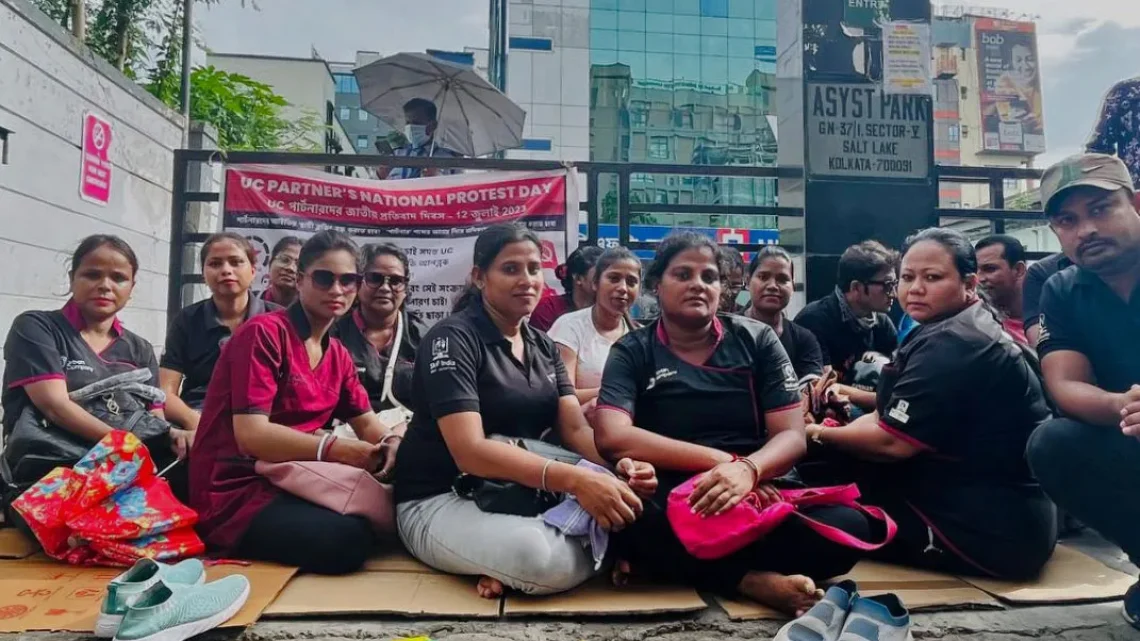
Female Gig Workers Struggle at Urban Company in India Amidst Controversy
July 31, 2024A year after mass protests by women against Urban Company’s working conditions, female gig workers are dealing with a challenging present and an uncertain future.
Urban Company, once a symbol of economic independence for women in India, has increasingly restricted flexibility and autonomy for its workers. Initially, the app offered a chance for women to work on their own terms, but now many claim that the company has undermined these freedoms.
Workers report that they must pay the equivalent of two months’ salary just to start working on the platform. They face immense pressure from a demanding algorithm, which can lead to temporary or permanent removal from the app if their performance rating drops.
Urban Company asserts that it invests in onboarding, provides feedback, and re-training to help workers maintain their ratings. The company also highlights the flexibility of marking availability and offers three “emergency passes” for missed bookings.
Despite these assurances, missed work means no income, which heavily impacts workers who are single mothers or sole breadwinners. With minimal government oversight, legal recourse is limited, and workers often depend on solidarity for support.
Women have taken various actions to address their grievances, including protests, social media campaigns, and union involvement. In June, a significant protest occurred outside Urban Company’s office in Bengaluru over its policies, particularly the rating system.
Urban Company claims it does not retaliate against workers who peacefully express concerns but may pursue legal action in cases of vandalism or physical altercations.
Many workers view Urban Company as a monopoly in India, feeling trapped by its practices. Without significant changes or government intervention, the struggles of female gig workers are likely to continue.

